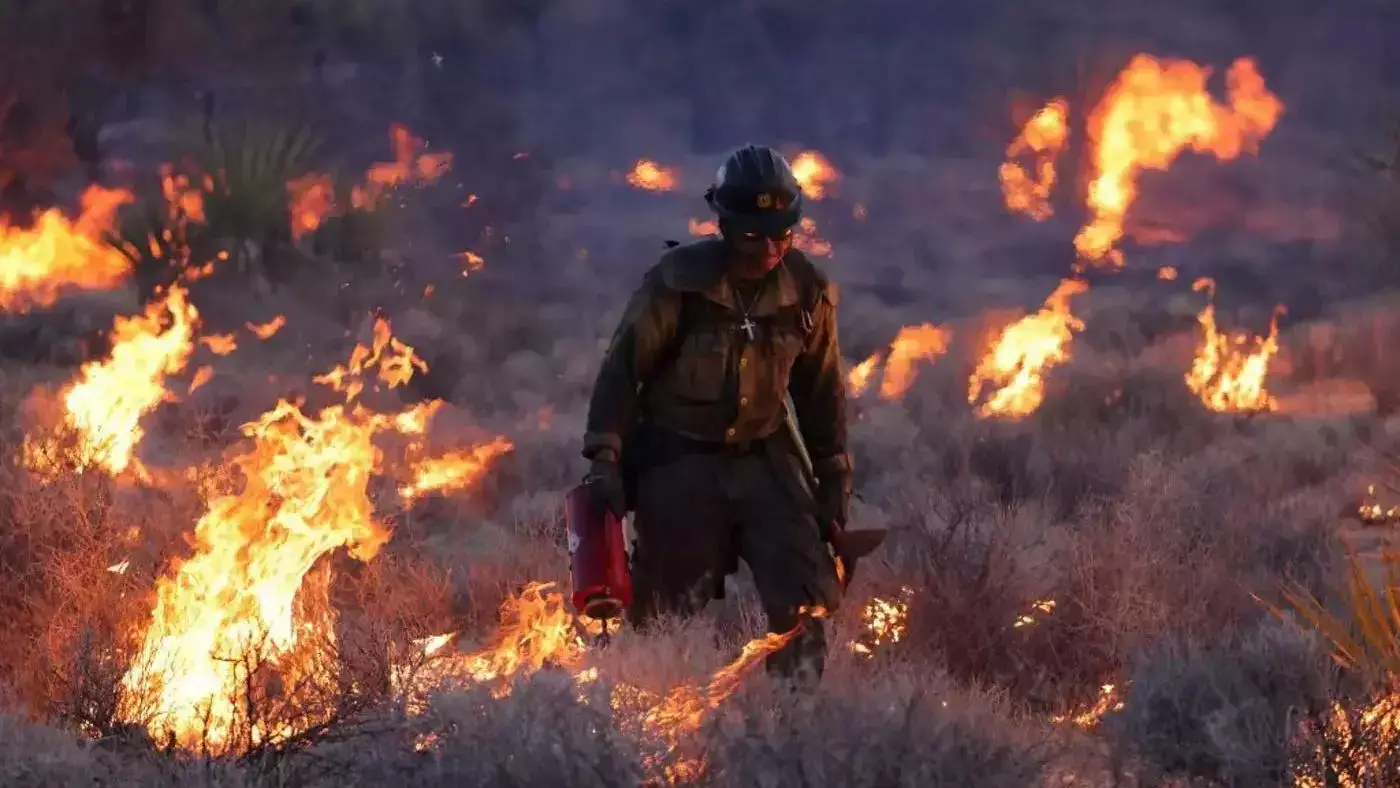
Climate change: Why action on the crisis is all hot air
The debate about the climate crisis should have been settled in the early 1990s. And yet, three decades later, the extent, imminence and even existence of a looming catastrophe are still hotly disputed. That is not by accident.
Highlights
-
Antonio Guterres, the United Nations' secretary general, warned late last month that humanity has shifted from the era of global warming to global boiling
-
So how did we reach this point of abject failure: where the greater the scientific consensus, and real-world evidence, the smaller the impact that consensus has on decision making?
-
Sadly for humanity, most of the early research on this subject was financed by the oil corporations. They predicted the critical moment would arrive 37 years hence - in 2019 - when carbon dioxide levels would reach 415 parts per million (ppm) in the atmosphere. That would result in a dangerous rise in mean global temperatures of 0.9C.
-
Throughout the 1990s, Big Oil successfully sabotaged meaningful climate action by pressuring western states to sign an energy treaty tying their hands on cuts to fossil-fuel use.
-
The bottom line was that no one with a public platform had any interest in warning the public that advanced societies were structured in a way that was hurtling us towards extinction. The profit-driven, over-consumption model of capitalism was never in question.
-
With no one in the mainstream grappling with the reality of what lies ahead, leading financial institutions have been free to pretend that capitalism’s relentless growth paradigm can be squared with sustainability.